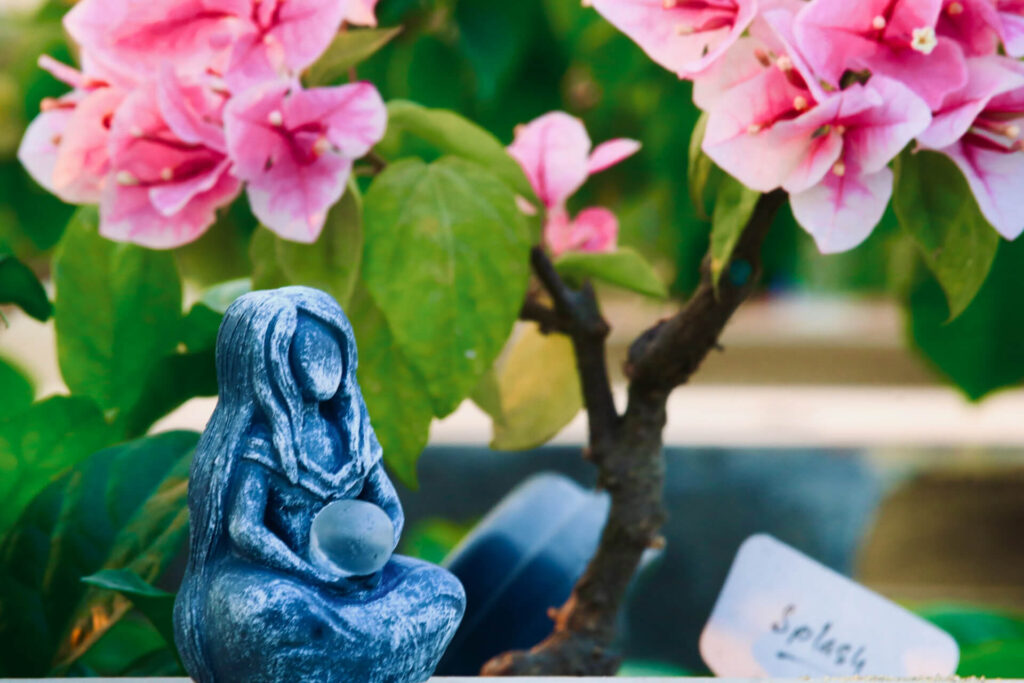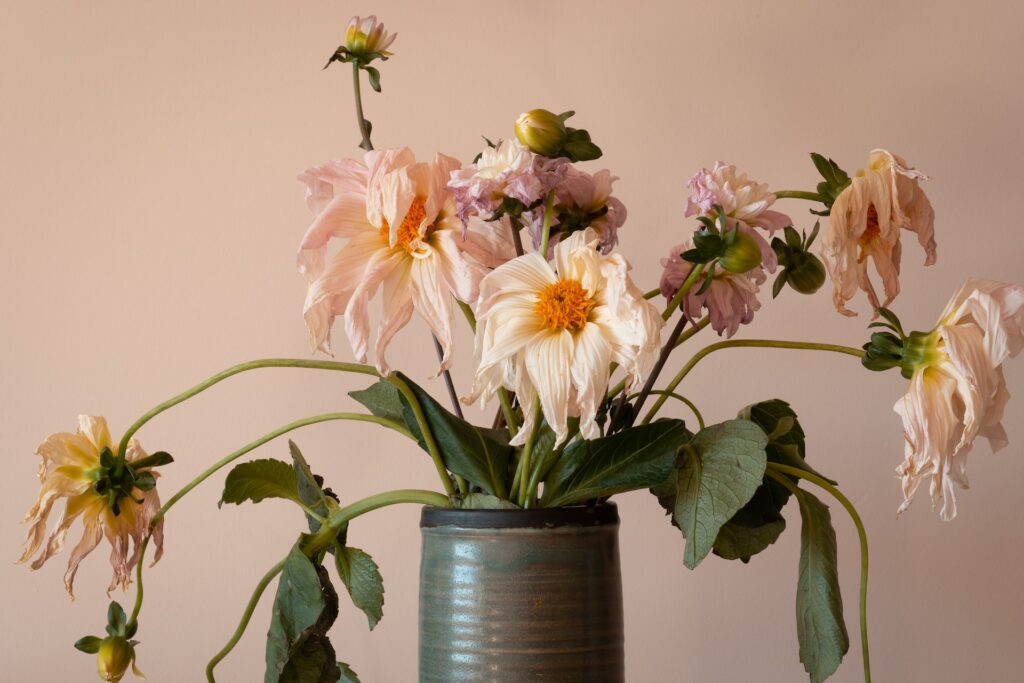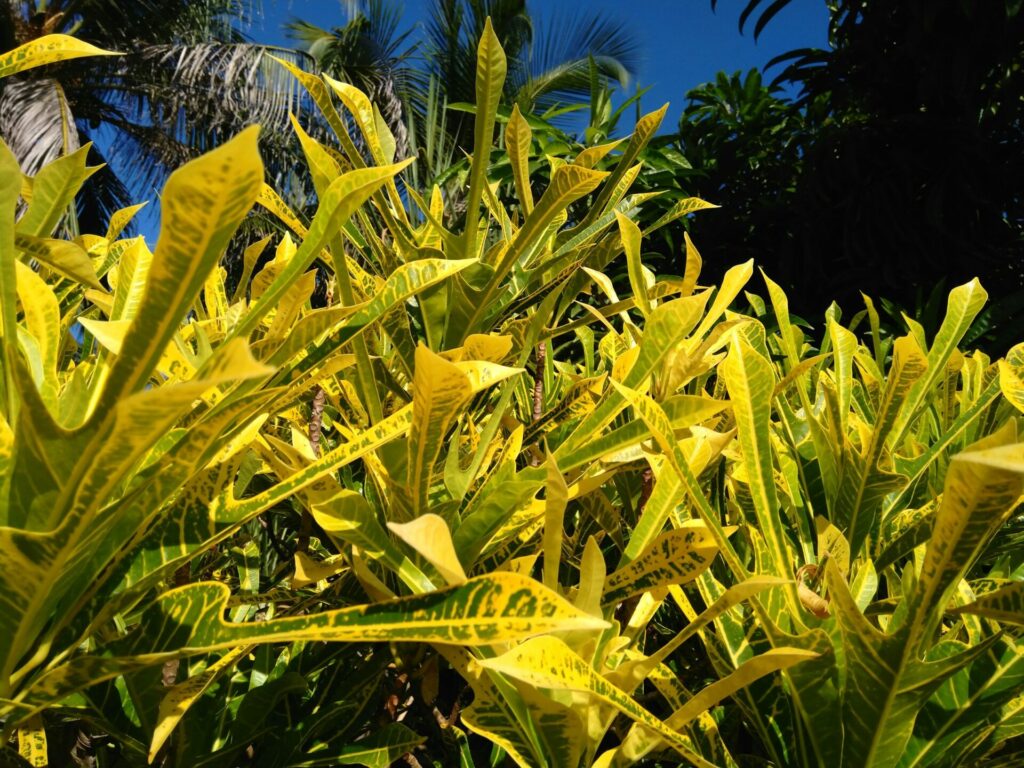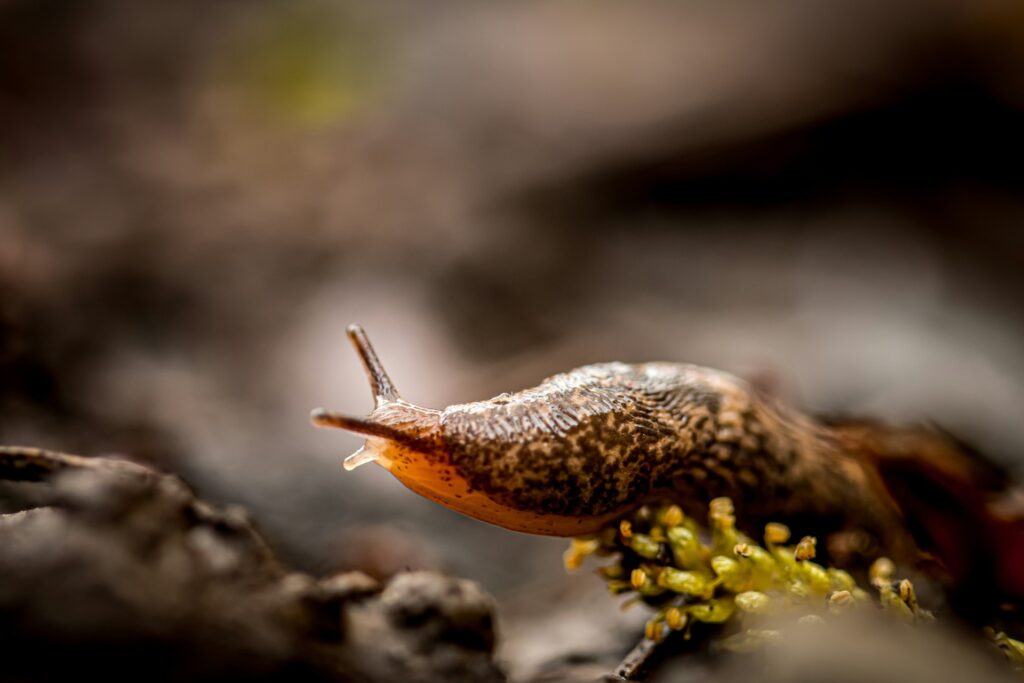
We are reader-supported. When you buy through links on our site, we may earn an affiliate commission.
Few insects are as hated as the mosquitoes. In addition to leaving painful, itchy bites on your skin, the pest is a known disease carrier with a considerably high mortality count. Before the emergence of insecticides, people relied on mosquito-repellent plants to keep their yards and homes free of these pesky bloodsuckers. These plants release natural oils that deter bugs and introduce wonderful scents throughout the space.
If you’re prone to being bitten and don’t want to douse yourself in chemical bug sprays frequently, add these mosquito-repellent plants to your garden and home.
1. Lavender
Lavender has a longstanding reputation for deterring various insects. Why do mosquitoes hate lavender? This gorgeous plant contains large amounts of linalool, a compound with a strong odor and chemical properties similar to DEET, the active ingredient in most repellants. Linalool can overwhelm the mosquito’s sense of smell, so they tend to avoid it. Plant the lavender near your outdoor spaces, arrange them in a vase inside your home or make a bug spray using the oil.
2. Citronella
Known for its distinct smell, citronella grass is a classic mosquito-repellent plant used worldwide. It produces a strong, citrus-like scent that most flying insects absolutely detest. In fact, citronella is one of the plants mosquitoes hate the most. One thing to keep in mind is that the plant cannot thrive in temperatures below 32° Fahrenheit, so it’s best to grow them in the right environment and move them around as the seasons change.
3. Mint
Most mint species, including basil and spearmint, have natural oils that repel mosquitoes. These plants are a must-have in any garden or even kitchen, adding scintillating flavor to recipes and drinks. Thanks to the active chemical compound eugenol, you can also use basil to treat mosquito bites, which can help relieve itchy skin. Just rub the leaf directly on the bite to ease redness and swelling.
4. Bee Balm
Want to attract good bees and butterflies while keeping out mosquitoes? Plant a bee balm in your garden. Also known as Monarda or horsemint, this flower comes in colorful shades of red, pink or purple throughout summer. Crushing the leaves releases a scent that repels mosquitoes and other flying pests. Bee balm is also a mainstay in traditional herbal remedies for easing muscle cramps and as a digestive aid.
5. Marigolds
Marigold plants provide one of the best showy colors for your garden. The orange-yellow tones contrast nicely with just about any background, creating magnificent curb appeal. But they offer more than that. Marigolds give off a strong, fragrant aroma that keeps mosquitos and other insects away. Plant them in well-drained soil with full sun exposure and enjoy their summer-long bloom. The plants don’t take up much space and are relatively low-maintenance, often requiring just regular watering and deadheading.
6. Lemongrass
You won’t find any list of mosquito-repellent plants without lemongrass. Does lemongrass really repel mosquitoes? This highly versatile tropical grass contains the active compound citronella, which these bugs avoid. Plant them outside your home, especially near doors and windows, to keep flying pests away. If you love Asian cuisine, you’re likely already familiar with the new taste dimensions that lemongrass brings to a dish. The plant also has reported health benefits thanks to its high quercetin content, which contains anti-inflammatory and antioxidant properties.
7. Sage
Burning sage around your home is good for more than cleansing negative energy — the smell can also ward off mosquitoes. If you’d rather not burn the plant, place it in a pot and move it around your home as needed. Sage also makes an excellent addition to a variety of savory meals. Its unique flavor brings warmth and complexity to even the most basic recipes.
8. Catnip and Catmint
Apparently, catnip does more than just delight your furry felines. It’s also a fantastic natural mosquito deterrent due to its pungent, minty scent. The plant is one of the easiest to grow with minimal maintenance. Try catmint if you want something stronger with less of the cat attraction appeal. According to HGTV, the herb’s essential oils are 10 times more effective than DEET at repelling mosquitoes.
9. Eucalyptus
Like citronella, eucalyptus has an overpowering citrusy aroma that can send mosquitoes and pests flying in the other direction. In fact, you can almost always find eucalyptus oil in most natural insect repellants sold commercially. While the plant can grow in various habitats, it does not do well in cold weather, especially when young. Place it in fertile, well-drained soil and expose it to plenty of sunlight before the winter months.
10. Floss Flower
Also known as ageratum, these brilliant bluish-purple buds contain coumarin, a chemical often used in insecticides. Plant floss flowers in your garden and around your patio or deck to discourage mosquitoes and other pesky bugs from entering your home. However, keep the plant away from pets and kids, as it can be toxic to eat. The Poison Help Center recommends drinking 4–6 ounces of water to increase the chances of survival after ingesting poisonous plants.
Activating the Plant’s Mosquito-Repellent Properties
Most of the plants on this list will not deter mosquitoes just by growing in your yard. You must take the extra step to activate their active repellent properties. Depending on the plant species, you can release the compound by crushing or cutting. Lavender, basil and lemongrass fall under this category. Essentially, you want to get the oils out of the plant and let the scent waft through your home.
You can also infuse the leaves into an alcohol or oil base and use it in diffusers, sprays and lotions. Eucalyptus and citronella are also great topical balms.
Lastly, drying and burning the plants to release their essence in a cloud of smoke can be effective, too. Alternatively, you can burn candles with mosquito-repellent oils to create a bug-free zone in and around your home.
What Is the Most Effective Plant-Based Mosquito Repellent?
Lemon eucalyptus oil, cinnamon oil and clove oil are among the most effective plant-based solutions to keeping most insects away. If you plan to make your own essential oils, remember that they’re a complex combination of chemicals, so be careful about mixing them at high concentrations.
Mosquito Repellent Plants
Mosquitoes aren’t just bothersome insects, they’re a legitimate health concern for you and your family. Plant these shrubs and flowers in your garden to keep them away. Plus, if you find they don’t work at the level you’d like, at least you have a fresh supply of herbs and spices to elevate your meals.







